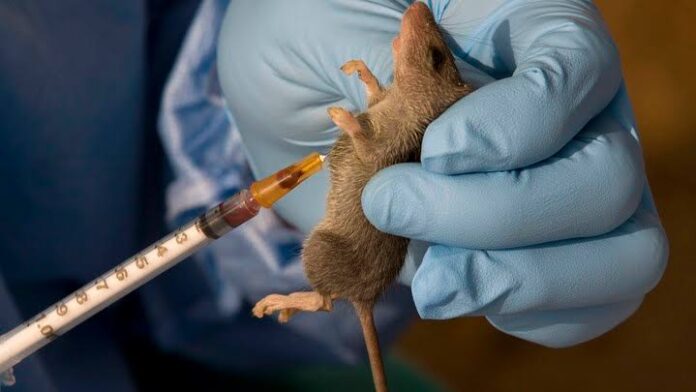Latest Nigeria Centre for Disease Control and Prevention, NCDC, update that 138 lives have been lost to Lassa Fever from January till date is alarming.
The figure is a rise from the 18.0% recorded within the same period last year.
The NCDC also highlighted that a total of 717 confirmed cases have been recorded as of Epi-Week 18, with four new states , Ondo, Edo, Bauchi, and Benue, reporting cases recently.
The public health agency is concerned about the overall death toll which remains alarming.
Data from the NSCDC showed that 71% of all confirmed cases originated from three states Ondo, 30%, Bauchi, 25% and Taraba, 16% signaling persistent hotspots in spite of nationwide interventions.
Besides, the most affected age group was 21–30 years, with the male gender
appearing slightly more affected than the female with a male-to-female ratio of 1:0.8.
The agency, however, said that no health worker died in the period under review, though, 22 healthcare workers have been affected so far this year.
As the NCDC battles to curb the disease we commends its continuous call on Nigerians to maintain good hygiene, report symptoms early and avoid contact with rodents and their excretions.
It is disastrous that we face annual outbreaks due to poor awareness, late case reporting and delayed intervention.
To tame this monster, there is the need to enhance concern for environmental sanitation and hygiene, and the storage and handling of food.
The authorities must also be decisive by employing modern techniques and effective resources in tackling the menace as well as putting in place a more coordinated approach in dealing with the disease.
Although, the NCDC has often stressed that it has improved community sensitisation, there is need for enhanced advocacy especially in communities that are in far-to-reach in rural areas as they are more susceptible to these diseases.
Hence, improved advocacy on healthcare and sustainable environmental attitude must be maintained across ‘board’ to contain the epidemic before it gets insurmountable.
The citizens must be aware of their role in preventing and spreading the disease.
It is also necessary, the authorities ensure the evaluation and monitoring of the implementation of the preventive measures.
Although, we commend the NCDC for its response by setting up a national Lassa fever incident management system and its stride working with other agencies to control the present spread, it must take its precautionary efforts and urgently too, to the rural areas.





